Teachers have always been the architects of change, shaping minds, fostering curiosity, and inspiring generations. Among them, women educators hold a unique and often underappreciated place in history. They are not just imparting knowledge but challenging societal norms and breaking barriers in education.
This article celebrates the legacy of remarkable female teachers who have left an indelible mark on the world. These educators, often unsung heroes, have been pioneers in redefining learning, advocating equality, and empowering communities. Let’s explore their contributions and understand why recognising their achievements is essential for building a more inclusive future.
Why Celebrate Women Educators?
The stories of inspirational women teachers highlight their monumental influence not only on education but also on society as a whole. Here’s why their recognition matters:
- Inspiration: Their journeys ignite a spark in young girls and women, proving that with dedication and passion, one can overcome obstacles and achieve excellence.
- Promoting Equality: Many have fought against gender and racial biases, championing the right to education for all. They are symbols of resilience in the ongoing struggle for equitable learning opportunities.
- Innovation in Education: These educators introduced revolutionary teaching methods, shaping modern pedagogy and making learning accessible and impactful for diverse audiences.
- Agents of Social Change: Beyond classrooms, they advocated for civil rights, environmental sustainability, and other critical causes, demonstrating the profound societal role of education.
- Empowerment: Educators like Malala Yousafzai exemplify how education uplifts communities, turning marginalised voices into powerful agents of change.
- Diversity and Inclusion: Their contributions underscore the importance of diverse perspectives, enriching education policies and practices.
The Overlooked Contributions of Women Educators in History
Historically, teaching was dominated by men. In ancient times, priests, prophets, and philosophers were revered as educators, while women’s roles as informal teachers in homes and communities often went unnoticed. This disparity persisted well into the 19th century when societal shifts began recognising teaching as a respectable profession for women.
The 1800s saw a gradual transformation. Women started entering the field of education formally, driven by the growing demand for female education. Grammar schools, finishing schools, and nursing colleges became avenues where women not only learned but also taught, creating a ripple effect of empowerment.
Famous Women Teachers Who Shaped History
Today, women comprise the majority of educators worldwide, a testament to the strides made over centuries. Yet, certain trailblazers stand out for their extraordinary contributions:
- Maria Montessori: Revolutionised early childhood education with her innovative Montessori method.
- Anne Sullivan: Known as the "Miracle Worker," she opened up the world for Helen Keller through her unique teaching approach.
- Malala Yousafzai: An advocate for girls’ education who exemplifies the power of resilience and learning.
- Dr. Sarvepalli Radhakrishnan's Mother: Though unnamed, her teaching at home influenced her son, who became one of India’s greatest teachers and philosophers.
- Emma Willard: A pioneer in women’s education, she founded the first school for higher education for women in the United States.
A Legacy Worth Preserving
By celebrating these remarkable educators, we ensure that their stories inspire future generations. They remind us that education is not just a tool for personal growth but a catalyst for societal progress. As we reflect on their achievements, let us continue to advocate for equal opportunities in education and honour the women who have made it all possible.
Their journey from being overlooked caregivers to trailblazing professionals underscores the transformative power of persistence, courage, and the unwavering belief in the value of education.
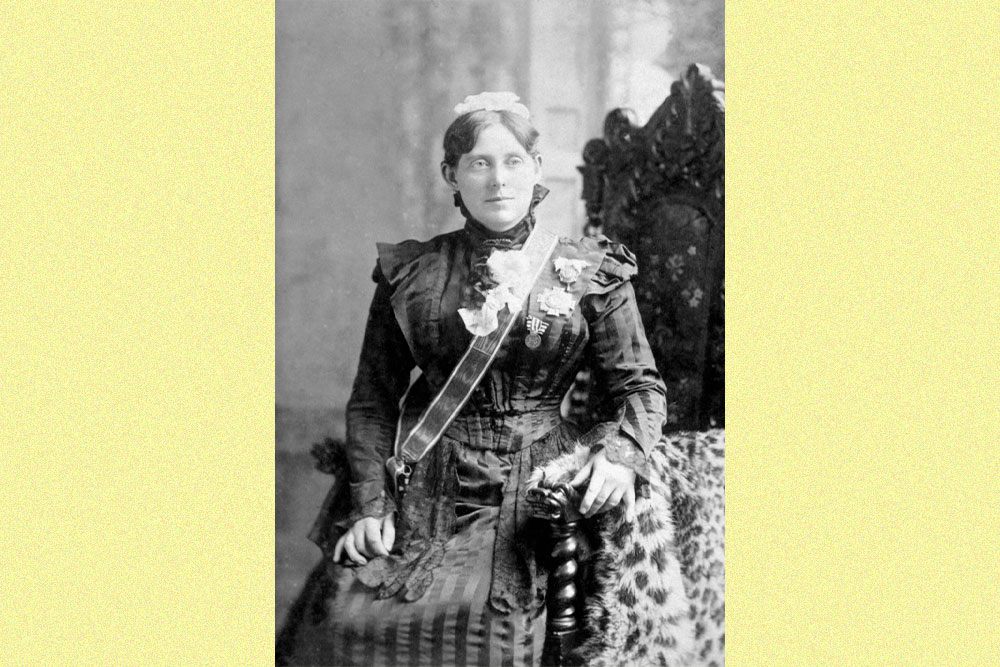
Florence Nightingale: The Mother of Modern Nursing
If you’ve ever felt grateful to a nurse for saving lives, comforting patients, or guiding families through illness, much of that gratitude traces back to Florence Nightingale, famously known as “The Lady with the Lamp.”
A Victorian-era British nurse, statistician, and social reformer, Nightingale is celebrated as the pioneer of modern nursing. Her legacy began with the founding of the Nightingale Training School for Nurses at St Thomas’ Hospital in 1860—an institution that professionalised nursing and set the gold standard for training caregivers.
However, it was her transformative work during the Crimean War that truly cemented her place in history. Nightingale discovered that unsanitary conditions in hospitals were a leading cause of secondary infections, significantly increasing mortality rates. Her meticulous data collection and advocacy led to a revolution in healthcare practices, emphasising hygiene, sanitation, and patient care as the cornerstones of modern medicine.
To this day, her principles form the foundation of quality healthcare, making her contributions timeless and invaluable. Florence Nightingale didn’t just improve nursing; she reshaped how humanity approaches health and healing.
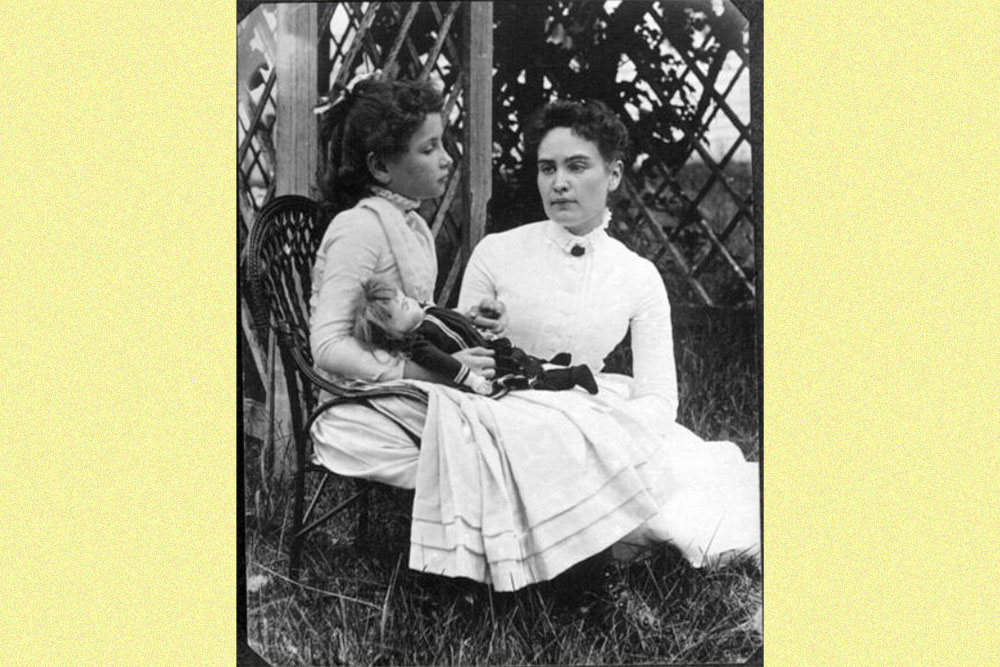
Anne Sullivan and Helen Keller: A Bond That Redefined Possibility
“The most important day I remember in all my life is the one on which my teacher, Anne Mansfield Sullivan, came to me,” wrote Helen Keller, reflecting on the profound influence of her mentor and lifelong companion. The story of Anne Sullivan and Helen Keller is one of the most inspiring teacher-student relationships in history, rivalled only by legendary duos like Aristotle and Plato. It has captivated the world through books, plays, and movies, showcasing the transformative power of education and perseverance.
In 1887, Anne Sullivan took on the monumental task of teaching a young Helen Keller, who had lost her sight and hearing at just 19 months old. Partially blind herself, Sullivan had overcome significant challenges to study at the Perkins School for the Blind in Boston. Using her own experiences as a foundation, she developed innovative techniques to communicate with Keller, opening a world of possibilities for her pupil.
Under Sullivan’s guidance, Keller flourished. She later attended Radcliffe College at Harvard University, becoming the first deafblind person in the world to earn a Bachelor of Arts degree. Keller went on to become a celebrated author, speaker, and activist, advocating for women’s rights, labour reforms, disability rights, and world peace.
The bond between Anne Sullivan and Helen Keller exemplifies how unwavering dedication, empathy, and ingenuity can break barriers and redefine what’s possible. Together, they proved that education isn’t just a tool for learning—it’s a bridge to empowerment and transformation.
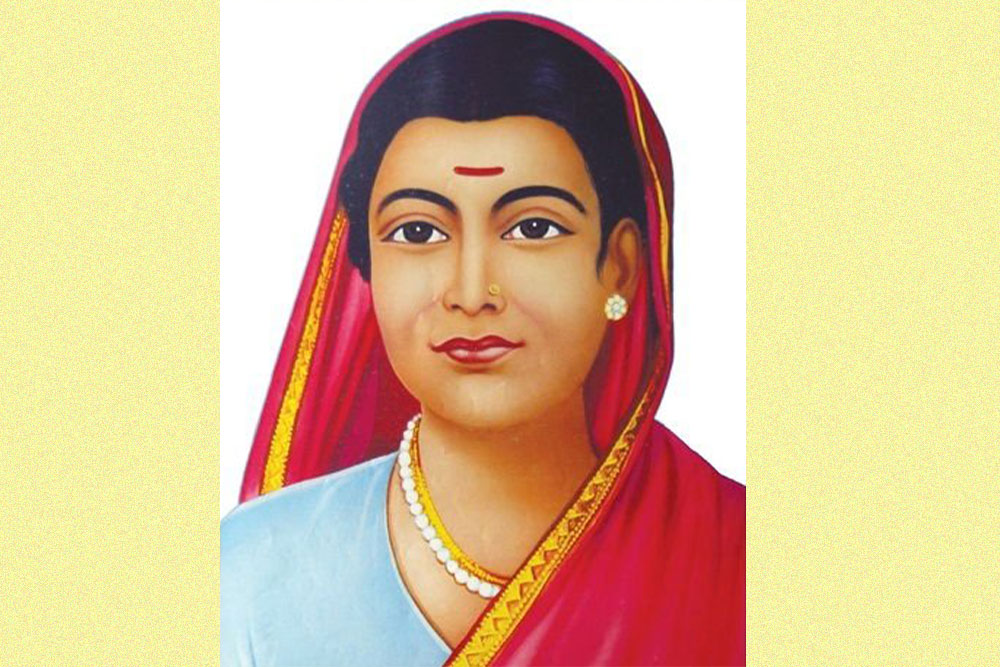
Savitribai Phule
No conversation about female educators is complete without honouring Savitribai Phule, a trailblazer who broke barriers to become one of India’s first female teachers. Born into a time when women’s education was almost unthinkable, Savitribai herself was illiterate when she married the social reformer Jyotirao Phule. It was her husband who first recognised her potential and taught her to read and write, igniting a lifelong passion for learning and teaching.
Savitribai pursued further education at Cynthia Farrar’s institution, run by American missionaries, and later trained at the Normal School in Pune. Armed with knowledge and determination, she, along with her husband and close friend Fatima Begum Sheikh, established one of India’s first schools for girls in 1848—a revolutionary step that challenged societal norms and opened doors for countless young women.
Beyond her role as an educator, Savitribai was a prolific author, poet, and Dalit activist. Her writings and activism championed social equality, caste reform, and women’s rights, leaving an indelible legacy in India’s fight for inclusive education.
Savitribai Phule’s life is a testament to the transformative power of education and resilience. Her contributions have shaped the foundation of women’s education in India, making her an enduring symbol of progress and empowerment.
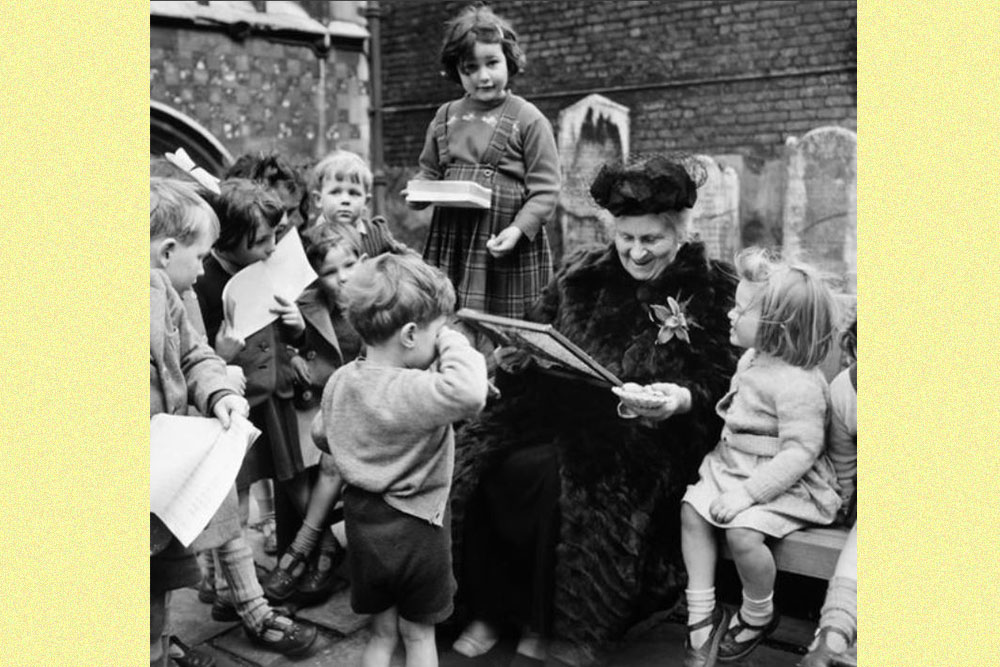
Maria Montessori: Revolutionising Early Childhood Education
The name Montessori instantly brings to mind children and innovative education. That’s because Maria Montessori, an Italian educator, physician, and trailblazer, gave the world a groundbreaking method of teaching young children that continues to thrive globally.
Interestingly, Montessori initially aspired to become an engineer but later pursued medicine at the Sapienza University of Rome. Graduating in 1896, she became one of Italy’s first female physicians—a remarkable feat at the time. Her career took a transformative turn when she began studying children with cognitive delays and learning disabilities, laying the foundation for her revolutionary teaching approach.
Montessori developed a pedagogy that focused on nurturing a child’s independence, curiosity, and natural love for learning. This method prioritised hands-on activities, a prepared learning environment, and respect for a child’s individual pace of development. By 1910, Montessori schools had spread across Western Europe and eventually to the rest of the world, becoming synonymous with quality early childhood education.
Maria Montessori’s vision reshaped the way we think about education, particularly for young children and those with intellectual disabilities. Her legacy endures in classrooms worldwide, fostering generations of self-directed learners and innovative thinkers.
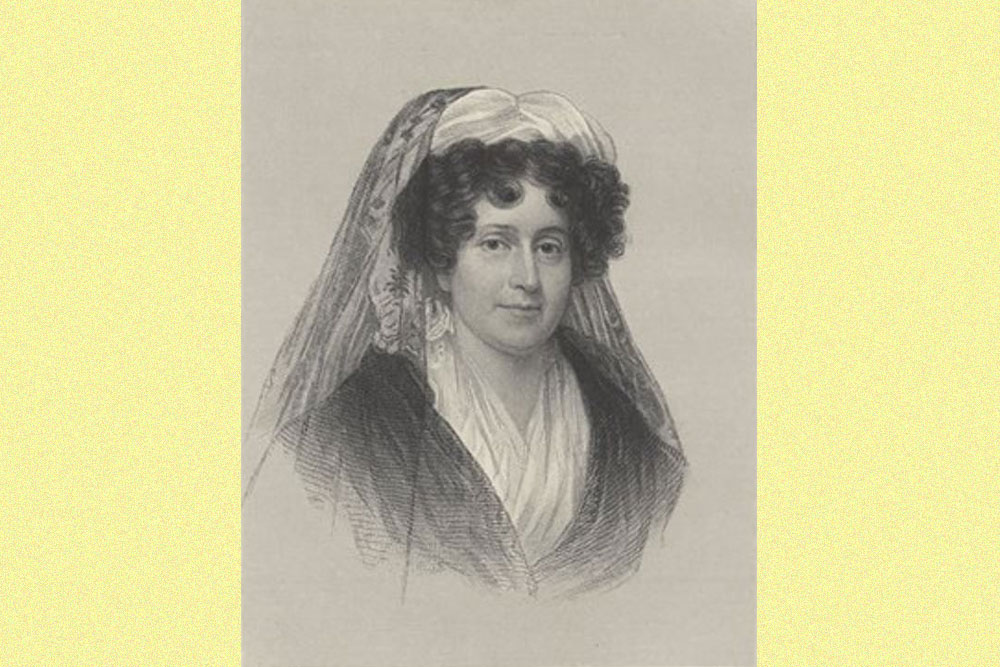
Emma Hart Willard
Emma Hart Willard is celebrated as the founder of the Troy Female Seminary, established in 1821 as the first school for young women in the United States. Her groundbreaking work redefined the educational landscape for women in a time when their access to quality education was severely limited.
Willard herself was educated at local schools and began her teaching career in 1804. After a brief hiatus following her marriage, she returned to her passion for education, initially opening a school for women in her own home. Recognising the disparities in the education available to men and women, she wrote extensively on the subject, becoming a vocal advocate for equal educational opportunities for women. Her writings and efforts positioned her as a trailblazer in both education and women’s rights.
Interestingly, Willard was not an active supporter of the women’s suffrage movement. She believed that without access to proper education, the right to vote would hold little value for women. Her life’s work focused on securing equal educational opportunities, which she viewed as the foundation for broader societal change.
Emma Hart Willard’s contributions laid the groundwork for the inclusion of women in formal education systems and inspired generations to fight for equality in learning. Her legacy remains a cornerstone in the history of women’s education.
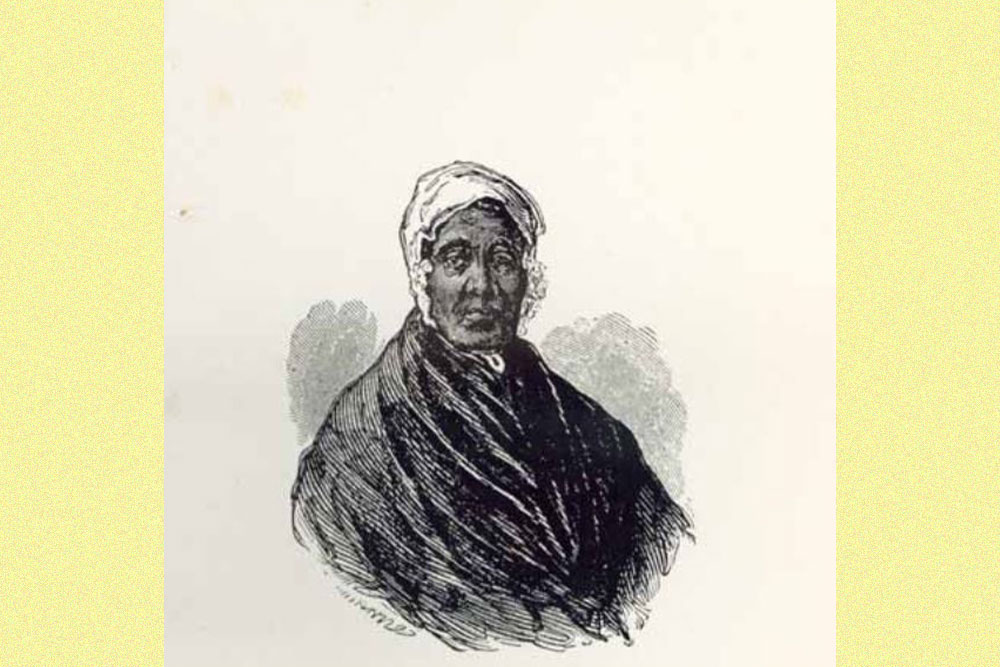
Catherine Ferguson. Image courtesy: Twitter/@TimicaE
Catherine Ferguson
Can an educator be illiterate and still profoundly influential? Catherine Ferguson’s extraordinary life proves that they can. Born into slavery in 1779, Ferguson’s determination and resilience led her to purchase her freedom at the age of 16 for $200—a monumental achievement for the time.
Despite being unable to read or write, Ferguson’s vision and compassion drove her to make an indelible mark on education. She began gathering poor and neglected children from her New York neighbourhood and inviting them to her home for religious instruction every Sunday. In doing so, she founded what is considered New York’s first Sunday School.
As her initiative gained popularity, she relocated to Murray Street, where her work garnered widespread admiration. Ferguson’s influence soon extended beyond children; she also provided religious and moral guidance to adults, creating a ripple effect of positive change in her community.
While Ferguson’s contributions are not widely recognised outside the United States, her legacy deserves global acclaim. Her life is a testament to the power of dedication, proving that education is not limited to formal qualifications but lies in the ability to uplift and inspire others.
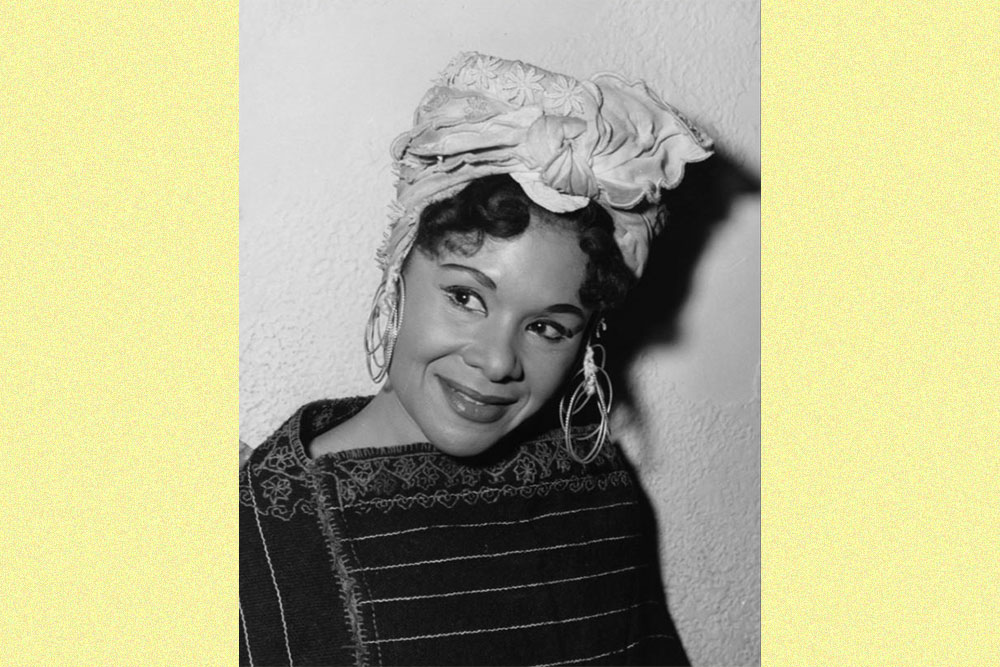
Katherine Dunham
Katherine Dunham was an American dancer, choreographer, and anthropologist who transformed American dance in the 1930s by developing the Dunham Technique. Her pioneering style seamlessly blended the intricacies of Black dance traditions and rituals with modern dance choreography, movements, and productions.
Born to an African-American father and a French-Canadian mother, Dunham broke barriers by becoming one of the first African American women to study at the University of Chicago. There, she pursued anthropology, focusing on the dances of the African diaspora and coining the concept of "dance anthropology." Her groundbreaking research into the cultural significance of dance informed her art and solidified her status as a trailblazer.
In 1936, after submitting her thesis, Dunham transitioned from academia to performance, embarking on a remarkable dance career. She collaborated with theatrical designer John Pratt and later established her first dance school in Chicago in 1944, followed by the renowned Dunham School in New York in 1945. The school became a hub for cultivating talent, training icons like Marlon Brando.
Dunham’s contributions extended beyond choreography to Hollywood, where her unique dance style captivated audiences in numerous films. Dubbed the “Matriarch of Black Dance,” her legacy celebrates the profound connection between cultural heritage and artistic expression.
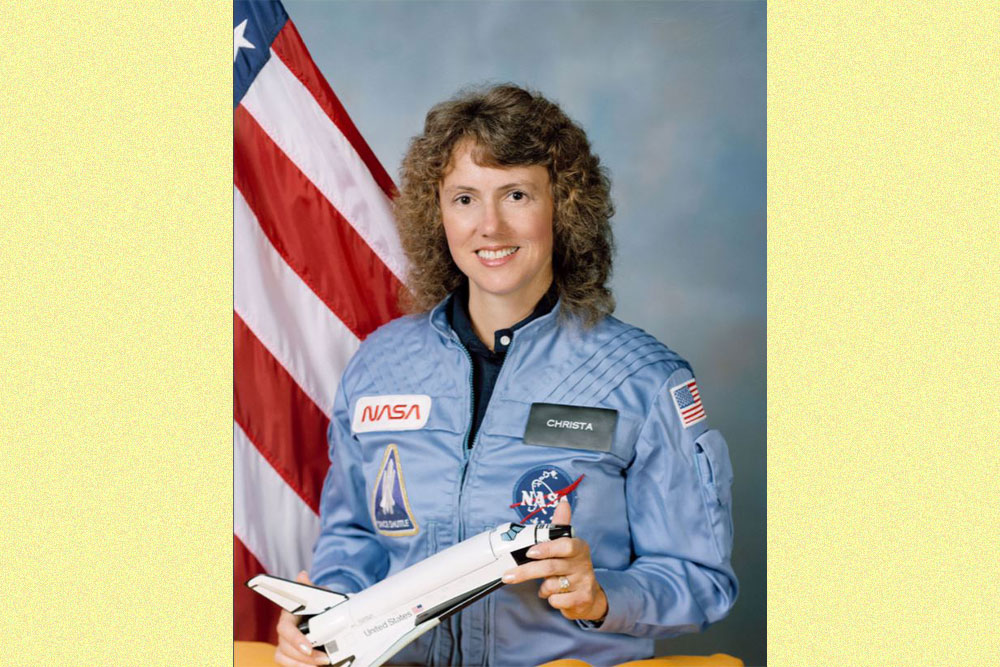
The extraordinary women featured in this article—who have excelled as educators and pioneers—have left a lasting legacy in both the world of education and society as a whole. Their unwavering dedication to nurturing young minds, fostering values, and promoting equality has not only reshaped the educational landscape but also contributed to profound social change. As we reflect on their remarkable achievements, we are reminded of the immense power that great teachers hold to transform lives and communities.
These women have proven that teaching is more than just a profession—it's a calling. A calling that can break down barriers, empower marginalized communities, and pave the way for progress. Their work has demonstrated that education is a tool for empowerment, a catalyst for change, and a force for a brighter, more equitable future.
Their legacies continue to inspire new generations of educators, students, and advocates to use education as a vehicle for positive transformation. Through their determination and passion for teaching, these women have shaped minds, challenged stereotypes, and left an indelible mark on history. They have shown us that, with dedication and a belief in the potential of every student, teachers can truly change the world.
FAQs
1. Who was the first female teacher in history?
Answer: While pinpointing the first female teacher in history is difficult, pioneers like Savitribai Phule in India and Anne Sullivan in the United States are often cited for their early contributions to education.
2. What challenges did female teachers face in the past?
Answer: Historically, female teachers faced significant gender discrimination, limited career opportunities, and were often paid less than their male counterparts. They had to fight for equal pay, recognition, and the right to lead in classrooms.
3. How have female teachers contributed to education reform?
Answer: Female teachers have been at the forefront of advocating for educational reform, especially in areas such as inclusive education, gender equality, and equal access to learning, leading to systemic changes in education worldwide.
4. Are there any famous male teachers who made significant contributions to education?
Answer: Yes, numerous male educators such as John Dewey, Paulo Freire, and Horace Mann have made substantial contributions to the evolution of modern education through their progressive ideas and educational reforms.
5. Who was the most influential teacher in history?
Answer: While it's subjective, figures such as John Amos Comenius, Jiddu Krishnamurti, and Paulo Freire are widely recognized for their profound influence on education through their groundbreaking philosophies and practices.
6. How do famous teachers inspire students?
Answer: Famous teachers inspire through their passion, innovation, and commitment to making a positive difference. Their stories of overcoming personal and professional challenges offer a source of motivation and resilience for students.
7. What qualities make a great teacher?
Answer: Great teachers possess a range of qualities including passion, empathy, creativity, adaptability, and a commitment to lifelong learning. These qualities enable them to connect with students and make a lasting impact on their lives.
8. Can teachers be influential beyond the classroom?
Answer: Absolutely. Teachers often shape the values, beliefs, and aspirations of their students, influencing their lives long after they've left the classroom. Many educators also go on to become advocates for educational and social change in their communities.